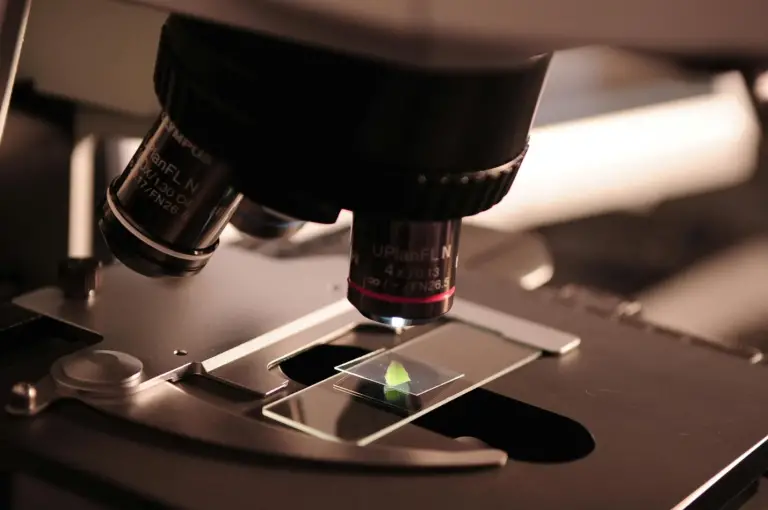
Science is an ever-evolving field that shapes our world, from the technologies we use to the policies that govern us. Yet, the complexities of scientific research often remain hidden behind jargon and technicalities, making it inaccessible to the general public. This is where science journalism and journalist representation play a crucial role.
What is Science Journalism?
Science journalism is a specialized form of journalism that involves reporting on scientific news and discoveries in a way that is understandable and engaging for a non-expert audience. It acts as a bridge between the scientific community and the public, translating complex research into clear, concise, and compelling stories.
Why Science Journalism Matters
- Public Understanding:Science journalism helps the public understand complex scientific issues, fostering informed decision-making on matters that affect their lives.
- Scientific Literacy:It promotes scientific literacy, empowering individuals to critically evaluate information and engage in evidence-based discussions.
- Accountability:Science journalism holds scientists and institutions accountable for their research and its implications.
- Inspiration:The right scientific journalist representation can inspire the next generation of scientists and innovators by showcasing the wonders of scientific discovery.

The Role of a Science Journalist
Science journalists are the bridge between the complex world of science and the public's understanding. They play a multifaceted role, wearing many hats to effectively communicate scientific discoveries and their implication, and require journalistic placement expertise to find the right job.
- Investigators:Science journalists are, at their core, investigators. They dig deep into scientific research, seeking out stories that are not only groundbreaking but also relevant and interesting to the general public. This involves staying up-to-date with the latest research, attending conferences, and building relationships with scientists.
- Interpreters:One of the biggest challenges in science journalism is making complex scientific jargon understandable to a non-expert audience. Science journalists act as interpreters, breaking down technical terms and concepts into clear, concise, and accessible language. This requires a deep understanding of the science itself, as well as strong communication skills.
- Storytellers:Science isn't just about facts and figures; it's also about the human stories behind the discoveries. Science journalists are storytellers, weaving engaging narratives that capture the excitement, wonder, and significance of scientific breakthroughs. They use storytelling techniques to make the science relatable and captivating for their readers.
- Watchdogs:Science journalists also play a crucial role as watchdogs. They scrutinize scientific claims, ensuring that research is conducted ethically and responsibly. This involves questioning the methodology, examining potential biases, and investigating any conflicts of interest. By holding scientists and institutions accountable, science journalists help maintain the integrity of scientific research.
Essential Skills for Science Journalists
- Strong Science Background:A solid understanding of scientific principles and methods is essential.
- Excellent Communication Skills:The ability to write clearly, concisely, and engagingly is crucial for impactful journalist representation.
- Curiosity and Skepticism:A healthy dose of curiosity and skepticism helps journalists ask the right questions and avoid sensationalism.
- Ethical Standards:Science journalists must adhere to high ethical standards, including accuracy, fairness, and transparency.

Challenges in Science Journalism
Science journalism and journalist placement expertise is not without its challenges:
- Complexity:Scientific topics can be highly complex and difficult to explain to a lay audience.
- Time Pressure:Journalists often have tight deadlines, making it challenging to thoroughly research and report on complex topics.
- Misinformation:The rise of misinformation and “fake news” can undermine the credibility of science journalism.
- Funding:Science journalism can be expensive to produce, and funding is often limited.
The Future of Science Journalism
Despite the challenges, science journalism is more important than ever. With the rapid pace of scientific advancement and the growing impact of science on society, the need for clear and accurate reporting is paramount.
Journalist Representation and Placement Expertise
For aspiring science journalists, finding the right training and opportunities can be crucial. This is where organizations specializing in journalist representation and placement expertise can play a vital role. These organizations can help aspiring journalists:
- Identify and develop their skills
- Build a strong portfolio
- Connect with potential employers
- Navigate the competitive job market
Industry-Leading Journalists as Mentors
Aspiring science journalists can also benefit greatly from mentorship by industry-leading journalists. These experienced professionals can offer invaluable guidance, insights, and support. Mentorship programs can provide opportunities for:
- Shadowing experienced journalists
- Receiving feedback on work
- Building professional networks

Science journalism is a challenging but rewarding field that plays a vital role in society. By bridging the gap between science and the public, science journalists help us understand the world around us and make informed decisions about our future.
With the right training, support, and mentorship, aspiring science journalists can become the next generation of storytellers who illuminate the wonders of science for the world.
OTA Talent can help you find your niche and explore opportunities for journalist placement expertise. Contact them today to learn more about their services.
About the Author
The OTA Talent Content Team empowers aspiring journalists and media professionals with the insights, expertise, and guidance needed to launch successful careers.





